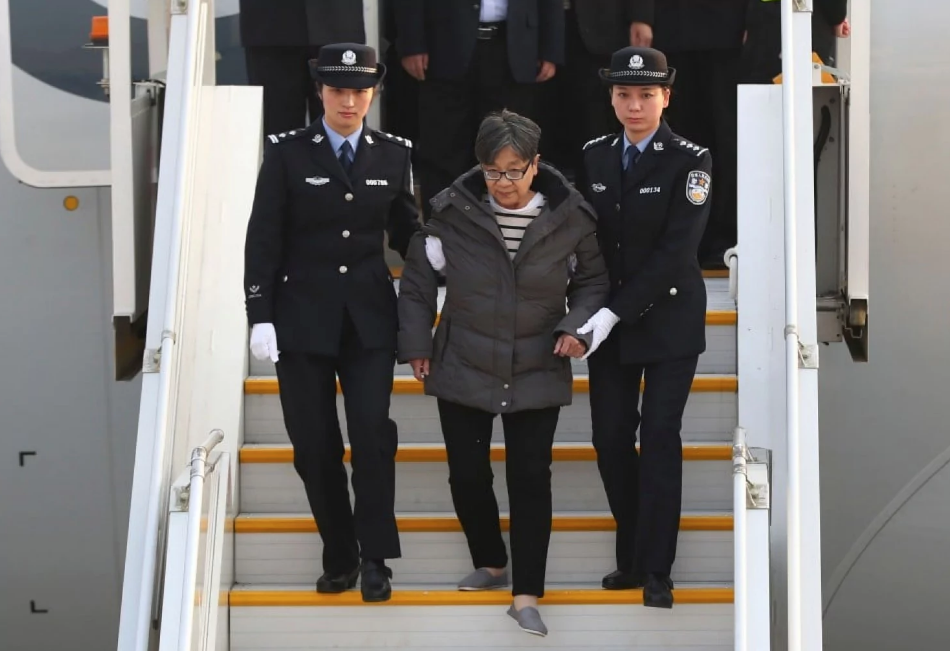 On Oct. 27, the vice president and heir apparent to the tiny oil-rich West African state of Equatorial Guinea was convicted in a Paris court of money laundering and embezzlement.
On Oct. 27, the vice president and heir apparent to the tiny oil-rich West African state of Equatorial Guinea was convicted in a Paris court of money laundering and embezzlement.
At stake is Vice President Teodorin Obaing’s $200 million Paris mansion, a 220-foot yacht and a fleet of luxury cars, which according to the French authorities represent the proceeds of corruption from his country’s oil wealth. A week later, a massive data-dump from the offshore firm Appleby, the “Paradise Papers,” exposed the financial dealings of thousands of firms and individuals in small island tax havens from the Caribbean to the South Pacific.
Together, the Obiang case and the Paradise Papers seem to give us a new version of two standard stories. In the first, a strongman from an endemically corrupt Third World state steals from his already impoverished citizens to fund conspicuous consumption, while in the second, secretive tax havens hide the dubious funds of the rich and (in)famous. Developing countries like Equatorial Guinea are stigmatized by their poor performance in international rankings such as Transparency International’s Corruptions Perceptions Index, while the tax havens are increasingly taking flak from richer countries and international organizations. The international watchdogs and scholarly writings on the subject tend to suggest that corruption is a national, bordered phenomenon best assessed and countered on a state-by-state basis.
This is wrong. In our article “Transition Corruption and the Globalized Individual,” we argue that the conventional understanding of grand corruption is badly flawed and complacent. The real fight is against cross-border flows of tainted money and Western financial centers, which launder corrupt money and help people spend it. Instead of drawing a dichotomy between corrupt and clean countries, we should look at the role of transnational networks, which create a symbiotic relationship between the source countries of grand corruption and the destination host or haven countries that receive the loot. Kleptocracy is not just an initial act of theft, but also the subsequent ability of these corrupt leaders to legally reside in other countries where their wealth and property will be protected, and where they can enjoy their mansions and conspicuous consumption in cities such as London, Paris, New York and Geneva.
Laundering the proceeds of grand corruption is not a do-it-yourself affair. Instead, despots and their families rely on webs of highly skilled, well-renumerated international professionals from the banking, legal, consultancy and related industries that cluster in global financial centers. These professionals offer highly prized services that effectively bend and blur the distinction between legality and illegality in hosting, transferring and multiplying wealth.
Some of these networks have been obvious for years, but others are just coming to light. Transferring sizable amounts of money from A to B almost always involves banks. For decades, banks have been subject to the “Know Your Customer” rule, which says in principle that these institutions have a duty to screen, flag or exclude tainted funds. It is unclear how effectively this system works in practice. Many transactions involve untraceable shell corporations, which effectively hide the identity of the true individual in control. And while we typically blame tropical tax havens as the laggards in confronting the regulatory problems posed by shell companies, surprisingly, it is the United States that has proved unwilling or politically unable to take meaningful action.
Individual kleptocrats have globalized their reputations and personas as well as their assets by acquiring foreign property, like Obiang’s palatial property in France, and citizenship. Kleptocrats are creating a burgeoning new market for physical and legal residency, which once depended on birthplace and ancestry, but now is increasingly a commodity for sale. Again, specialists broker deals between newly wealthy people from outside the West and their host-countries to be.
Recent revelations have starkly highlighted both dynamics. In a delayed repercussion of the Panama Paper leaks, Pakistani Prime Minister Nawaz Sharif was forced to resign in July after his family was linked to several undeclared luxury properties in London held via shell companies. The month before, the U.S. Department of Justice identified one of the main conspirators in the disappearance of billions of dollars from Malaysia’s 1MDB sovereign wealth fund as having purchased a passport from St. Kitts and Nevis. Countries such as Australia, the United Kingdom, Spain and many other E.U. members have been increasingly keen to cash in on the global market for selling residency, too.
If 1990s-style globalization was about footloose multinational companies looking to invest in new places, the new era sees kleptocrats and many others taking advantage of a new age of individual globalization, not only moving capital around, but shopping for corporate, physical and legal residency. This means that we need to pay less attention to how countries move up and down the anti-corruption rankings, and more to transnational networks and service providers that enable kleptocracy on a global scale.
Washington Post, November 14, 2017




